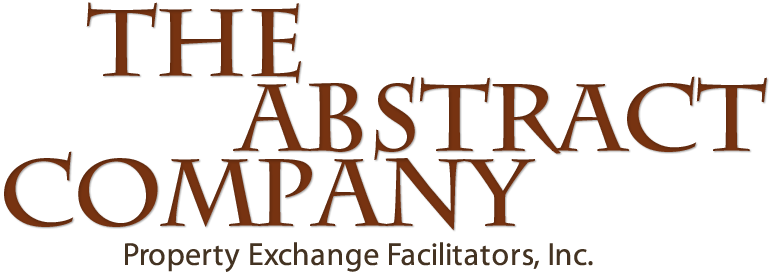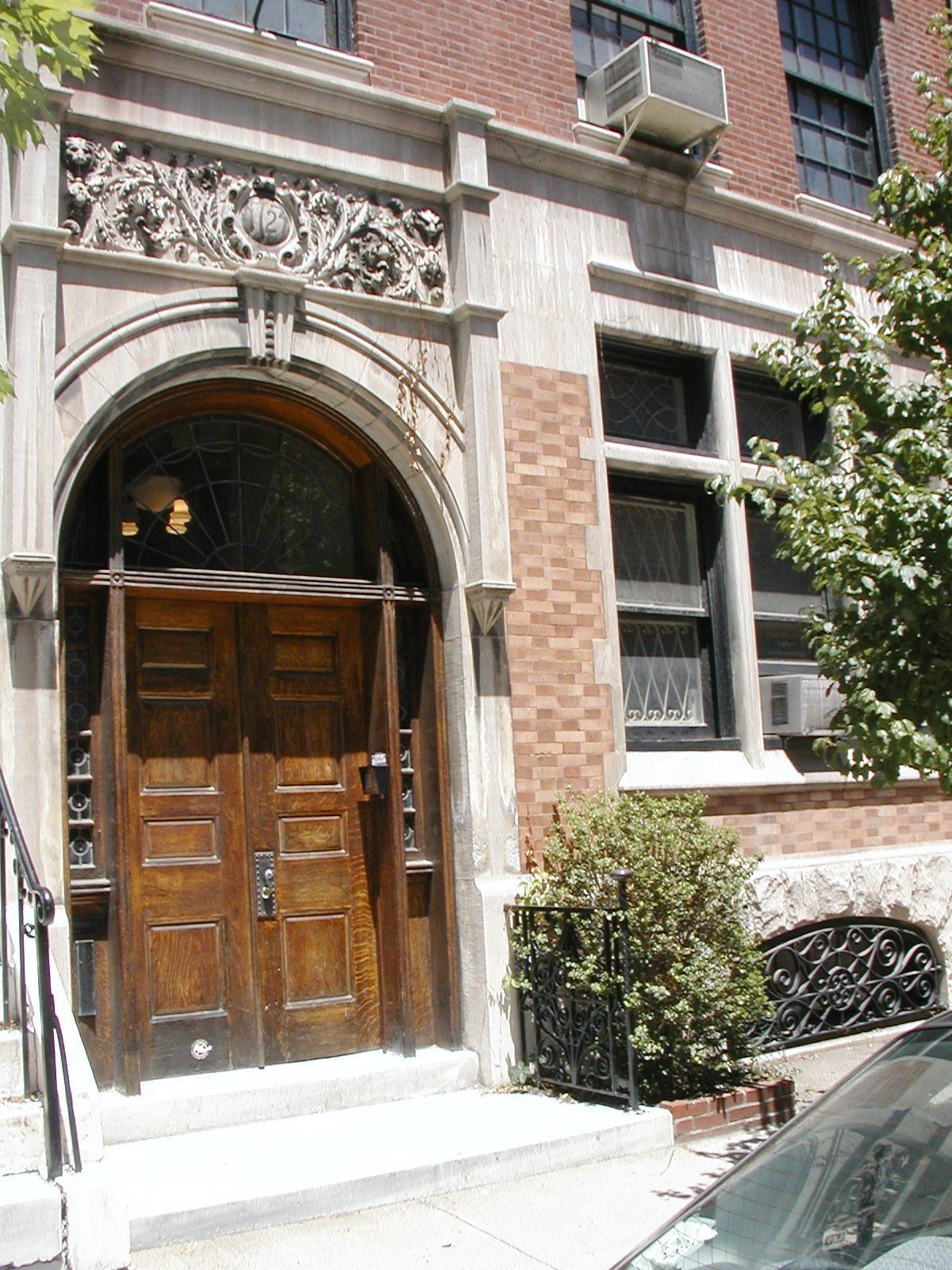FREQUENTLY ASKED QUESTIONS
- What is a Title?
A Title is the evidence, or proof, that a person and/or entity like a corporation or partnership owns and/or possesses a particular piece of land. Proof of ownership is established by tracing the history of ownership of the property by documents recorded in the public records of the county in which the property lies, called the Chain of Title. It may be possible that another person or entity may claim to have a legal interest in the property. This interest may involve ownership, access to the property or may affect your ability to use the property.
- Do I really need to buy Title Insurance?
Absolutely! And we’re not just saying that because it’s our job! The purchase of a home is one of the biggest financial investments you will make in your lifetime and you should take every opportunity to protect yourself and your family from losing that investment. Title insurance is the most effective means of protecting yourself from serious financial loss due to a claim which would arise regarding your right to the ownership of a piece of property. It is possible that even the most rigorous title examination may not reveal all the defects in a property’s history. So, in addition to covering any financial loss you may incur (up to the total amount of your insurance), the title company or its underwriter will pay the cost of defending your title against any covered claim.
- What is a Title Defect?
A title defect is a problem affecting your clear ownership of property. There are a number of issues which can cause problems with your ownership of a piece of property, ranging from undisclosed heirs of prior owners to unpaid contractors, to unpaid taxes or Federal or municipal liens and these issues may not even cause you problems for several months or even years, but which would still require legal defense and the potential loss of the property.
- How much does Title Insurance cost?
The charge for your title premium is directly related to the value of the property. Typically, this is reflected in the sales price of the property, however if you are purchasing unimproved, vacant land and you can substantiate the future value of the completed project, you may purchase a title insurance policy to cover the improved value of the property.
- Anything else I’m paying for when I’m buying or refinancing?
Yes, in addition to your title premium, you will be paying for extra coverages for your lender called Endorsements. Like your premium, these charges are set by the state, but their inclusion is at the discretion of your lender. Typically, the cost for these endorsements on a standard, fixed-rate residential mortgage is $150, but may be more if your loan has an adjustable rate, if your property is a condominium, co-op or PUD or if you have a negative amortization feature to your loan.
Your lender also requires our underwriters to issue a Closing Protection Letter to them, which states that The Abstract Company is an agent in good standing and will abide by the terms of the lender. Currently the fee for the closing protection letter is $75.00.
You will also be paying for recording fees, transfer taxes, notary charges and any fees for certifications for real estate taxes or use-and-occupancy certifications and overnight delivery of loan payoffs or lender’s packages.
- Why do all of the Title Companies I’ve called give me the same general prices?
Title insurance rates and most of our incidental charges are set or limited by the Insurance Bureau of the Commonwealth of Pennsylvania and we are a closely regulated industry. However, this does not mean that you will pay the same price or receive the same level of service from all title companies.
- What do they mean when they tell me I qualify for the Basic or Reissue rate?
Currently, there 2 different potential rates a buyer may qualify for:
- The Basic rate which is charged on the sale of any property which has not been either sold or refinanced for a period of more than 10 years.
- The Reissue rate, which is a discounted rate for properties which have been sold or refinanced within the last 10 years and which is 90% of the basic rate.
- How often do I have to renew my Title Insurance policy?
How does never sound to you? Unlike casualty insurance, your owner’s policy will only expire when you sell property to a new buyer, who will then buy their own policy. If you never sell the property, coverage is extended to your heirs when they inherit your estate, however title insurance is not transferable outside of family or if a property is sold for true value.
- What if I refinance my property?
That’s a different issue altogether. While you may have gotten a mortgage when you first bought the property and provided that lender with their own Lender’s Policy, those policies are not transferable either and your new lender will most likely require you to purchase a Lender’s Policy for them, too.
- Wait! What does that cost?
Like your owner’s policy premium was determined by the value of your property, the lender’s premium is determined by the amount of the loan you are getting and the length of time since that last time the property was sold or refinanced. Recently, Pennsylvania established 2 new discounted rates for lender’s policies, the Mortgage Rates. These are for properties that are either being refinanced within 2-4 years of a previous purchase or refinance or under 2 years of your last purchase or refinance.
Interested In Our Title Insurance & Real Estate Settlement Services?
The Abstract Company Is Here To Help!
We want to know your needs exactly so that we can provide the perfect solution. Let us know what you want and we’ll do our best to help.

